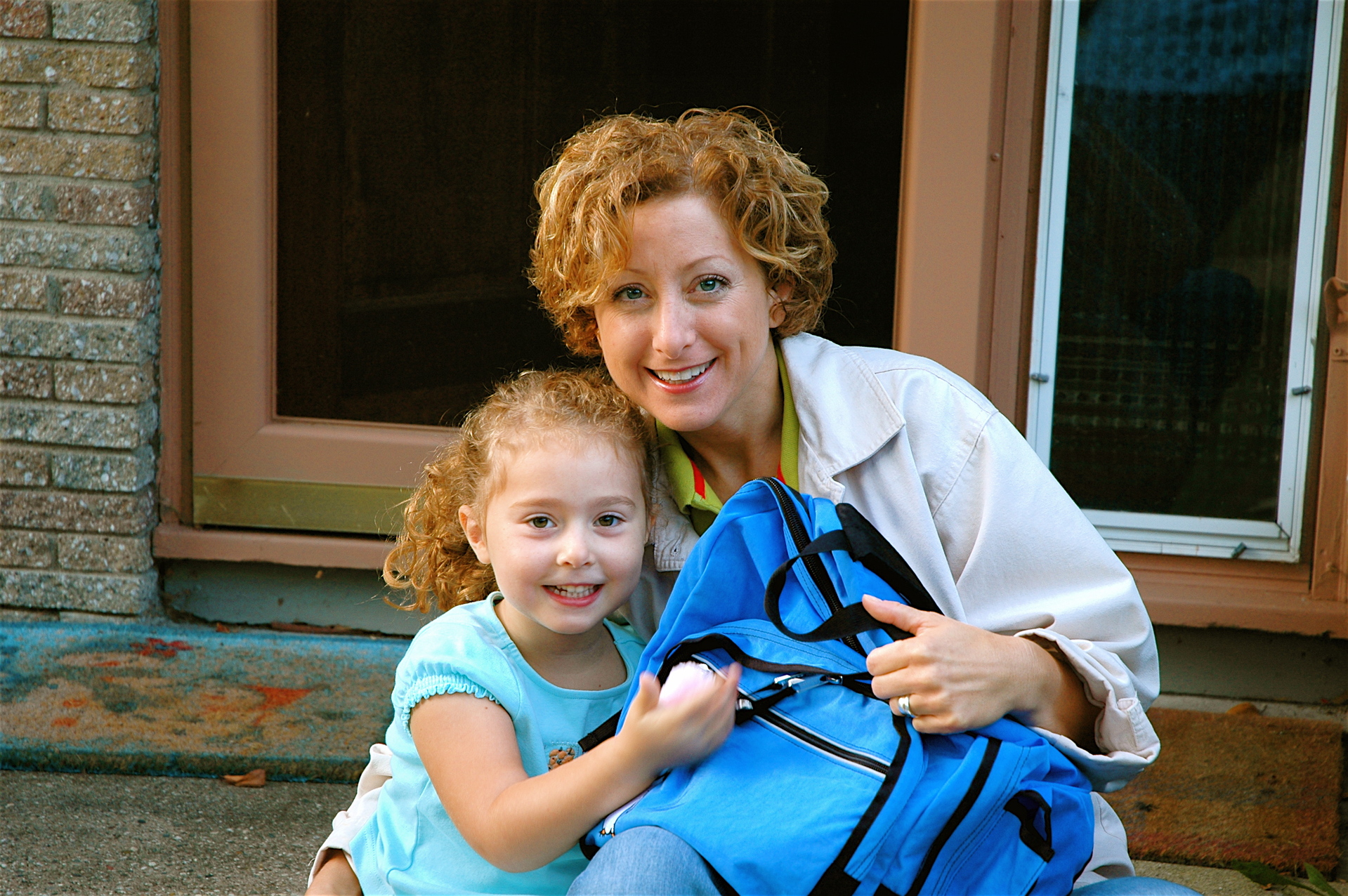 Parents often find themselves baffled when it comes to the concept of positive parenting. Even though parents may want to do away with grounding and time outs, finding appropriate alternatives is often difficult and leads to the question of ‘what can we do?’
Parents often find themselves baffled when it comes to the concept of positive parenting. Even though parents may want to do away with grounding and time outs, finding appropriate alternatives is often difficult and leads to the question of ‘what can we do?’
Rather than doing something, what can actually matter is ‘being’. Being calm, confident as well as being a model for appropriate behaviour.
Instead of joining the rampage with your kid or teenager try these alternatives instead:
- GET IN TOUCH WITH YOUR EMOTIONS- keep a check over emotions and acknowledge them. Do what you need to be calm and connected, be ready to support your child through big feelings.
- GIVE TIME – question after question may not be the alternative every time. Instead give him/her some space to transition, reflect, explain or just cool off. Get engaged with something else, but be all ears to him/her when she’s ready to speak about his/her break down.
- LOOK BEYOND THE BEHAVIOUR – kids’ angry outburst of words may actually be something deeper. “I’m hurting, and I just can’t handle these big feelings”. A hug, being patient instead of forcing her to calm down; may just be the support they need.
- DON’T LOSE YOUR COOL – a child may continue to go on a rampage even after trying to empathise with them. Rather than joining in the drama focus on being calm, confident and a matured adult. “I can see you had a bad day, and I’m here when you want to talk about it”.
- TEACH LATER – engaging in long lectures, yelling or both is not the right option to set behaviour straight in the heat of the moment. Waiting until you both are calm will allow you to teach as well as listen which will ultimately lead to behaviour change.
- BRAINSTORM SOLUTIONS – if you both are able to engage in a dialogue, it’s time to find for a good solution. “I know you had a rough day, it would be great if we can think of a different way to unload those big feelings when you at home”. Again being empathic but helping your kids’ see that there are options besides snapping.
Sometimes you may have to use these solutions over and over again; sometimes you may have to use more than one. What’s most important is to stay calm and maintain your composure. With time maturity and practice, children will become more regulated and will be able to explain how they feel in a more calm way rather than using mean words and harsh tones.
References:
Wolf, T. L., McLaughlin, T. F., & Lee, R. (2006). “Time-out interventions and strategies: A brief review and recommendations”. International Journal of Special Education. 21 (3): 22–28.
Solter, A. (2002). The disadvantages of time-out. Retrieved from http://www.awareparenting.com/timeout.htm on 11/4/2016
Image Courtesy: freeimages.com
